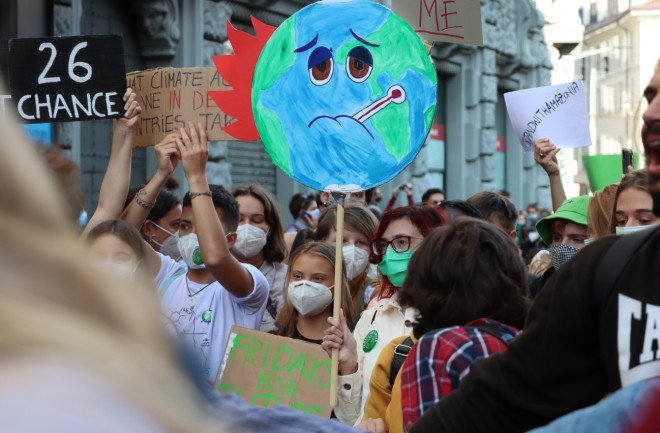Climate change is often seen as a problem for the future, an ever-approaching threat that will have catastrophic impacts decades down the road. But for Generation Z and younger millennials who have come of age in the 21st century, steadily rising temperatures and extreme weather conditions are the only reality they’ve known. And as droughts, floods, heatwaves and powerful storms affect more people around the globe every year, the impact climate change has on their psychological well-being has become a growing topic of concern and study among researchers.
In September, a team of researchers at the University of Bath in the U.K. published a preprint of the biggest scientific study on climate anxiety to date — it surveyed 10,000 people, aged 16 to 25, from 10 different countries on their thoughts and feelings about climate change. Respondents overwhelmingly reported that they were worried to some degree, and more than half reported experiencing anger, sadness or guilt because of climate change. Over 45 percent of participants stated these feelings had a significant negative impact on their everyday lives.
"These responses are completely understandable,” says Elizabeth Marks, a clinical psychologist and lecturer at the University of Bath who co-authored the study. “We feel sadness and grief when we lose things, and we've already lost things because of climate change. We feel fear and anxiety when we're under threat, and there isn't a clear way to avoid or stop what's happening with climate change. That's what climate anxiety looks like."

